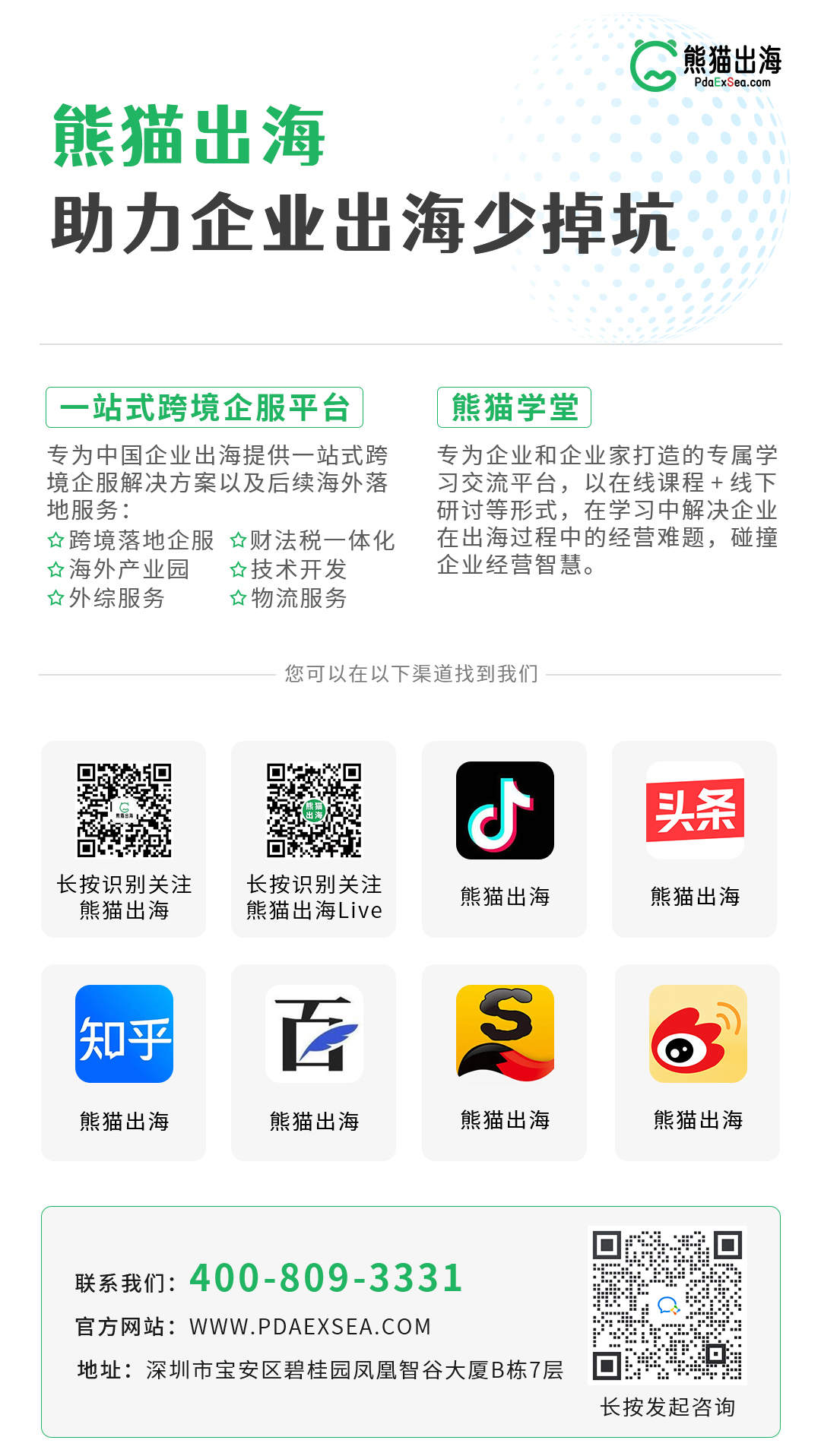During Ramadan, the pace of social operations slows down significantly: government agencies shorten office hours, companies adjust work plans, and people's lives shift to religious activities.
For overseas companies planning to conduct business during this period, it is crucial to fully understand the cultural customs of Ramadan and arrange work plans and operational strategies reasonably.
01
Indonesia and Malaysia's Ramadan holiday arrangements for 2025
1. Ramadan and Eid al-Fitr holidays in Indonesia
Eid al-Fitr holiday:
March 29-30: weekend holiday
March 31-April 1: statutory holiday
April 2-April 4: collective holiday
April 5-6: weekend holiday
April 7: collective holiday
A total of 10 days of long holidays, companies need to plan business continuity plans in advance.
2. Ramadan and Eid al-Fitr holidays in Malaysia
Key nodes:
March 2: First day of Ramadan in Johor and Kedah
March 3: First day of Ramadan (make-up holiday) (Johor)
March 4: Accession day of the Sultan of Terengganu (Terengganu)
March 18: Koran Descent Day (10 regions including Kuala Lumpur)
March 23: Birthday of the Sultan of Johor (Johor)
March 31-April 1: National Eid al-Fitr holiday
April 2: 3rd day of Eid al-Fitr in Malacca
Malaysia's Ramadan holiday arrangements vary significantly from region to region. It is recommended that companies adjust arrangements according to the location of their business.
02
Three key points to keep in mind when running your business during Ramadan
1. Adjustment of business activities
(2) Contract signing and meeting arrangements: Give priority to the morning time (Muslims are more energetic) or the evening after iftar (18:00-21:00).
(3) Supply chain management:
Production side:
Factories generally shorten working hours during Ramadan. It is recommended to understand their production arrangements and delivery times, arrange inventory reasonably, and avoid the risk of raw material supply interruption;
Logistics side:
Shipping planning: Port efficiency may decline during Ramadan. It is recommended that goods arrive at the port before Ramadan, or reserve 7-10 days of free time to deal with delays
Transit risk: Hubs such as Kuala Lumpur Port and Tanjung Priok Port may be congested, so direct routes are preferred.
2. Employee and Cultural Compliance (1) Religious Holiday Allowance (THR): A must for Indonesian companies 3. Cultural etiquette norms for non-Muslims
Payment time: no later than 7 days before Eid al-Fitr;
Amount standard:
Employees who have worked for 12 months: 1 month's salary;
Employees who have worked for less than 12 months: proportional conversion (months in service/12 × monthly salary);
Freelancers: calculated based on the average salary of the past 12 months.
Violation cost: Delayed payment can be fined up to 5% of the employee's salary and face investigation by the labor department.
(2) Cultural sensitivity: High emotional intelligence operation suggestions
Provide flexible working hours (such as 10:00-15:00 core office hours) to avoid requiring Muslim employees to work overtime (fasting during the day will overdraw their physical strength);
Organize Iftar Dinner to strengthen team cohesion
Distribute holiday gift boxes (it is recommended to include dates, traditional cakes, etc.)
(2) Dress code: Women are advised to wear knee-length skirts or long pants, and men should avoid sleeveless tops.
(3) Public places: Ramadan is a month of reflection and prayer. Try to avoid playing music or making loud noises in public places.
03 Market and consumption insights during Ramadan 1. Golden Rules of Ramadan Marketing 2. Muslim consumer behavior
Understand the consumption habits and needs of local consumers during Ramadan, such as special needs in food, clothing, household items, etc., and adjust product supply and marketing strategies accordingly.
(2) Promotional nodes: The 10 days before Eid al-Fitr are the peak of consumption (demand for gifts, clothing, and food surges), and it is recommended to launch combination discounts.
(2) Clothing: There are many religious ceremonies and family gatherings during Ramadan. People will buy new clothes, especially traditional clothes and exquisite dresses.
(3) Home decoration: In order to create a festive atmosphere, families will buy new home decorations, such as decorative lamps, carpets, and pillows.
(4) Religious supplies: The demand for prayer rugs, rosaries, and children's religious picture books is rising;
(5) Social economy: Home items such as candles and lamps with Muslim elements will be the first choice for gifts when relatives and friends visit each other.
PDAEXSEA, a one-stop cross-border enterprise service platform, is specially designed for Chinese enterprises to tailor overseas solutions and supporting landing services, helping Chinese enterprises to "avoid pitfalls" when going overseas.


